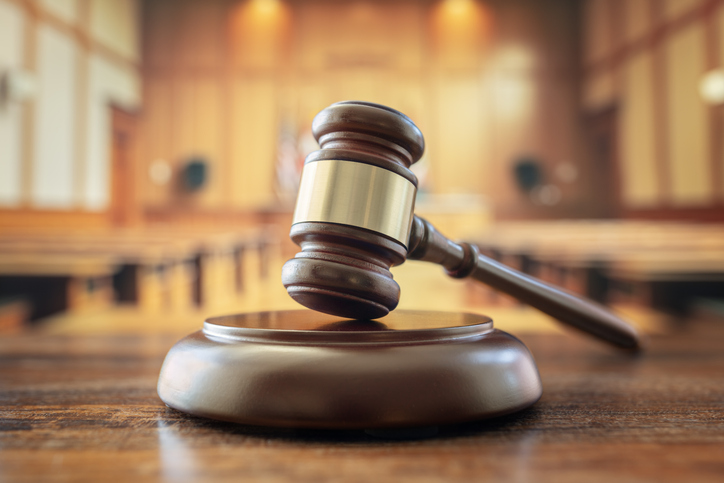While much of the federal tax law is difficult to interpret and often hard to understand, a simple premise that should be easily understood is that a business is not permitted to reduce its taxable income for personal expenses paid for its owner. When the business in question is a corporation, the most often proposed adjustment is to recharacterize the expenses in question as a dividend. This recharacterization eliminates the deduction to the corporation (dividends are not tax-deductible) and shifts income to the recipient shareholder (owner).
While seemingly obvious, the Tax Court last week decided just such a case in California. In Luczaj & Associates, TC Memo 2017-42 (Tax Ct.), the primary issues for decision were:
- Whether Luczaj & Associates, a C corporation, was entitled to deduct certain expenses for its fiscal years ended February 29, 2012 and February 28, 2013, and
- Whether the shareholders failed to report for 2011 and 2012 “constructive” dividend income from the company attributable to its payment of their personal expenses.
The taxpayers were the sole shareholders of a C corporation that originated home mortgages. During the years at issue, the company deducted various expenses that were largely disallowed by the Internal Revenue Service. These expenses included repairs to the taxpayers’ personal residences, utilities, swimming pool maintenance, personal insurance policies, and meals. Corporate expenses that were labeled as marketing and promotional payments were in reality payments for personal items.
The Internal Revenue Service argued that the disallowed expenses were constructive dividends to the shareholders. The taxpayers disagreed, claiming that the company never declared or paid dividends. The Tax Court agreed with the Internal Revenue Service, holding that constructive dividends do not require a formal declaration by the corporation. The disallowed expenses were personal in nature and economically benefitted the shareholders.
Not helping the taxpayers in this matter was their lack of records “sufficient to enable the Internal Revenue Service to determine the correct tax liability.”
Interestingly, camouflaging personal expenses as marketing and promotional payments attributable to the business operations could easily subject taxpayers to accusations of fraud. No matter how aggressive a taxpayer wants to be in arguing his or her position, moving from a civil penalty case to a criminal penalty case is a trip not worth taking.
Should you have questions or comments, please contact Bob Grossman or Don Johnston at 412-338-9300.








